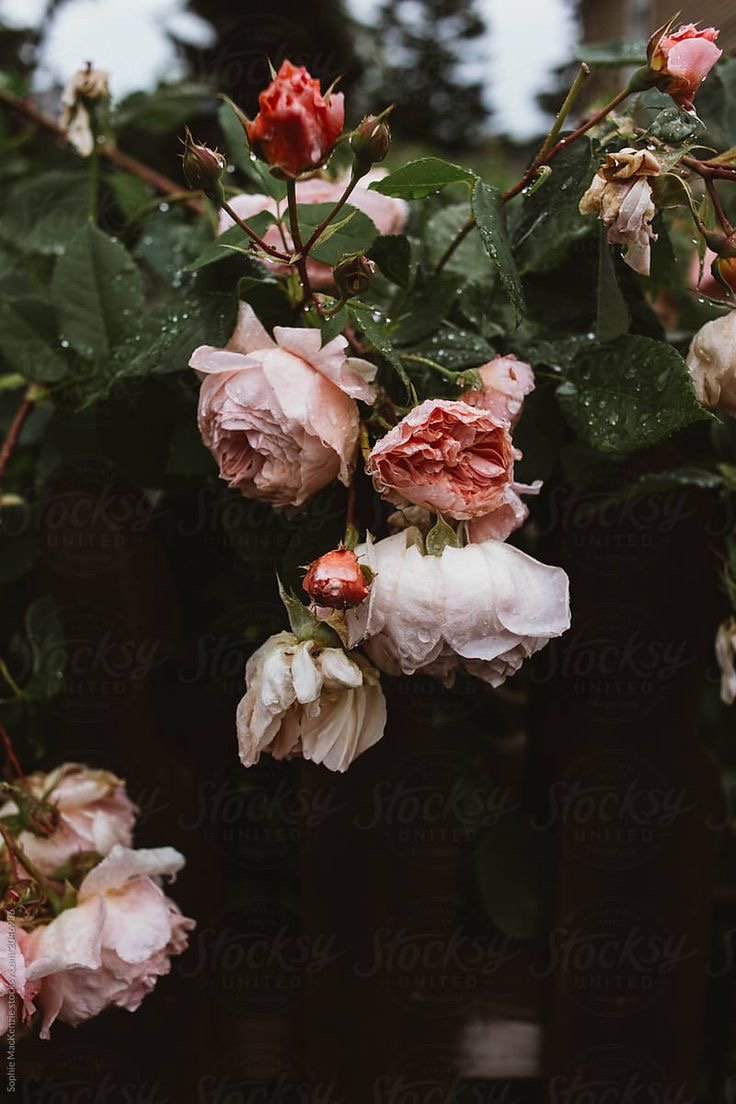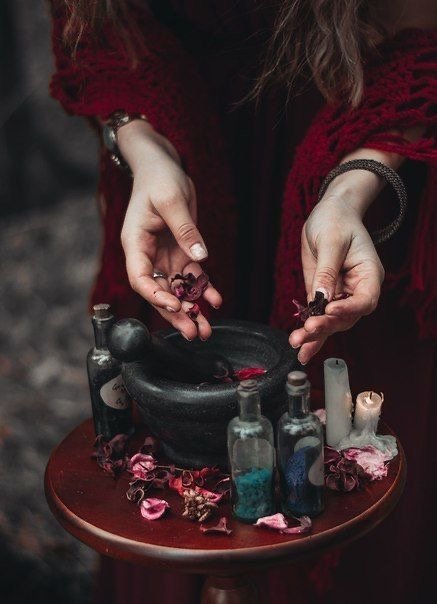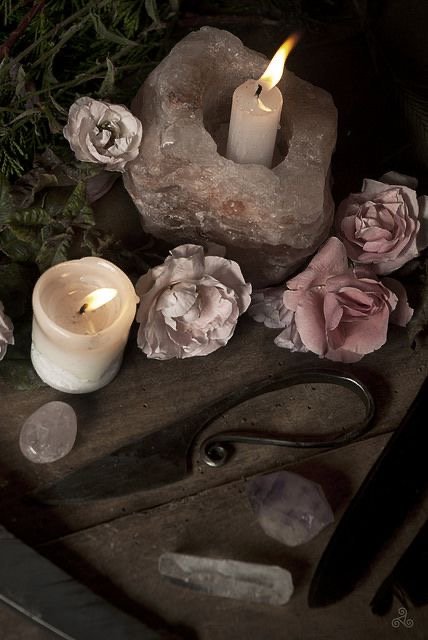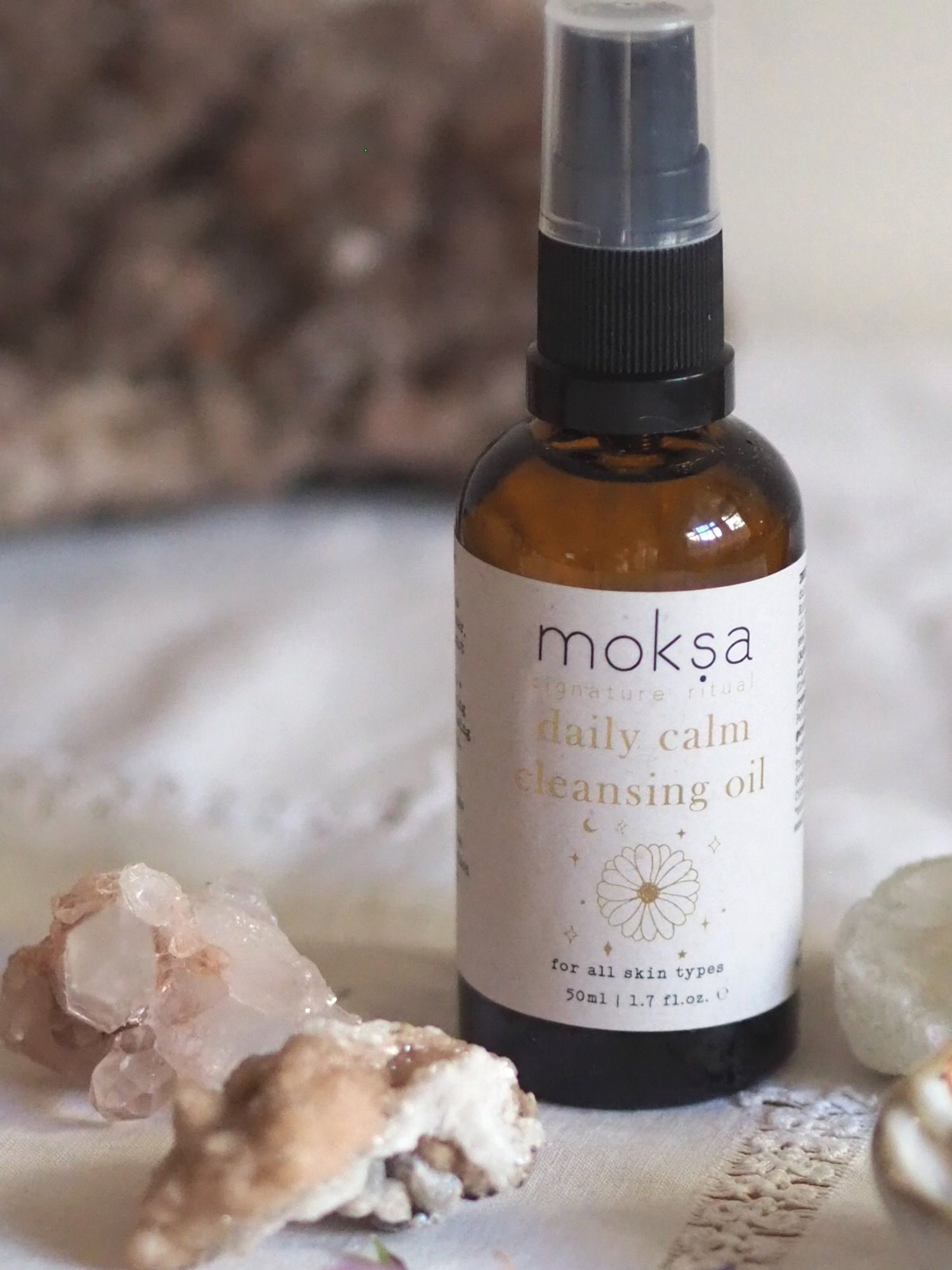Breathing Life into Your Heart Chakra: Harnessing the Power of Air
The heart chakra, often referred to as the energy center of love and compassion, plays a vital role in our physical and emotional well-being. It is intricately connected to various aspects of our body, including the thymus, heart, lungs, circulatory system, blood pressure, lymphatic systems, and the immune system. In the ancient language of Sanskrit, it is known as "anahata," which translates to "unstruck." This blog post explores the significance of the heart chakra, its impact on our health, and ways to restore balance and harmony to this vital energy center.
The Heart's Synchronised Rhythm
Our heart, a remarkable organ, tirelessly pumps blood throughout our body, ensuring our survival. It works in perfect harmony with our lungs, which provide the oxygen our blood needs to nourish our tissues. This seamless cooperation keeps us alive and well. However, when our heart races due to anxiety or panic, deep breaths can soothe and restore calm. Our hearts require support, not only physically but energetically.
In Traditional Chinese Medicine (TCM), the heart is believed to hold a unique energy and spirit called "shen," which is nourished by our blood. When our blood flow is hindered, or if there's tightness and constriction around our heart space, it can leave other parts of our body vulnerable to illness. Emotionally, we may become numb to the world around us, making it challenging to give and receive love and positive energy.
The Heart's Emotional Impact
Our emotional hearts, too, play a significant role in our overall well-being. Heartbreak can leave us feeling sluggish and disheartened. But how do we process grief and open our hearts to new possibilities and love? Our hearts are the centers of our being, where we create, love, and connect with others.
Physical and Emotional Ailments
A blocked or imbalanced heart chakra can manifest in various physical ailments and emotional traumas. Physical issues may include respiratory allergies, heart problems, circulation and immune system disorders, breast-related concerns, and asthma. Emotional and psychological effects of an unbalanced heart chakra may include jealousy, emotional coldness, withdrawal, loneliness, depression, and self-sacrifice. Traumas such as rejection, betrayal, abandonment, constant criticism, and unacknowledged grief can deeply impact this energy center.
Nurturing a Balanced Heart Chakra
A balanced heart chakra paves the way for harmony, compassion for oneself and others, trust, intimacy, and the ability to give and receive freely. It fosters openness to new ideas and personal growth. To nurture your heart chakra, consider working with healing plants such as rose, hawthorn, lemon balm, thyme, and violet, among others. Blood-building herbs and nervines can also support your heart in feeling nourished and safe.
Healing your heart chakra is a transformative journey that involves both physical and emotional practices. Here are some steps to help you restore balance and vitality to your heart chakra:
Self-Awareness:
Start by recognizing and acknowledging any emotional wounds or traumas that may be affecting your heart chakra. These could include experiences of rejection, betrayal, abandonment, or deep grief. Self-awareness is the first step towards healing.
Meditation and Mindfulness:
Meditation is a powerful tool to connect with your heart chakra. Find a quiet space, sit or lie down comfortably, and focus on your breath. Imagine a green, glowing light in the center of your chest, where the heart chakra is located. As you breathe deeply, visualize this light expanding and radiating love and compassion.
Affirmations:
Use positive affirmations to reprogram your mind and heart. Repeat affirmations like "I am loved," "I forgive and release past hurts," and "I open my heart to give and receive love." Saying these affirmations regularly can help shift your energy.
Self-Care and Emotional Expression:
Practice self-care by engaging in activities that bring you joy and relaxation. This might include hobbies, spending time in nature, or nurturing your creativity. Express your emotions in healthy ways, such as journaling, talking to a trusted friend, or seeking professional help if needed.
Forgiveness:
Forgiveness is a vital step in healing the heart chakra. This includes forgiving others who may have hurt you and forgiving yourself for any past mistakes or self-judgment. Letting go of resentment and grudges can free up your heart energy.
Surround Yourself with Love:
Connect with people who bring love, positivity, and support into your life. Building strong and nurturing relationships can help heal your heart chakra. Spend time with loved ones, and remember to give and receive love openly.
Yoga and Physical Activity:
Engage in yoga poses that are heart-opening, such as cobra, camel, and bridge poses. Physical activity and deep breathing can also help release tension and promote the flow of energy in your heart chakra.
Crystals and Aromatherapy:
Crystals like rose quartz and emerald are associated with the heart chakra and can be used to balance its energy. Aromatherapy with essential oils like rose, lavender, and jasmine can also be soothing and supportive.
Nutrition:
Consume foods that are heart-healthy, such as green leafy vegetables, avocados, and foods rich in antioxidants. Staying hydrated with clean, pure water is also important for overall well-being.
Seek Guidance:
If you find it challenging to heal your heart chakra on your own, consider seeking guidance from energy healers, therapists, or counselors who specialize in chakra balancing and emotional healing.
Remember that healing the heart chakra is a process that may take time and patience. Be gentle with yourself and trust the journey. As you work on restoring balance and harmony to your heart chakra, you'll find yourself more open to love, compassion, and a deeper connection with yourself and others.
Plant allies can be a wonderful addition to your efforts to balance and heal your heart chakra. Here are some plants and herbs associated with the heart chakra that you can consider working with:
Rose: The rose is a symbol of love and is closely connected to the heart chakra. Using rose essential oil, drinking rose tea, or simply having fresh roses in your environment can help promote feelings of love and compassion.
Hawthorn: Hawthorn is a well-known heart-healthy herb. It is believed to support cardiovascular health and emotional well-being. You can consume hawthorn as a tea, tincture, or in supplement form.
Lemon Balm: Lemon balm is a calming herb that can help reduce anxiety and stress, which can be beneficial for heart chakra healing. It's often used as a tea or added to aromatherapy blends.
Thyme: Thyme is considered a protective and purifying herb. It can be used in cooking, teas, or in sachets to help clear negative energy and promote emotional balance.
Violet: Violet is a gentle, soothing plant often associated with love and healing. It can be consumed as tea, used in flower essences, or added to bath rituals.
Lavender: Lavender is a versatile herb that can help calm the mind and reduce stress and anxiety. Its soothing scent and essential oil are widely used in aromatherapy and can help open the heart chakra.
Jasmine: Jasmine is known for its sensual and uplifting qualities. It can be used in essential oils, teas, or simply by having jasmine flowers around to promote feelings of love and sensuality..
Geranium: Geranium essential oil is known for its balancing and harmonizing effects. It can be used in aromatherapy or as part of massage or self-care rituals.
When working with these plant allies, it's important to set your intentions and create a peaceful, loving environment. Whether you choose to incorporate them into your daily rituals, meditation, or simply enjoy their presence, these plants can provide a supportive energy for your heart chakra healing journey.
Some of the images used in this content have been sourced from Pinterest for illustrative purposes. Due to the nature of Pinterest and the widespread sharing of images, it may not always be possible to provide proper attribution or credit to the original creators of these images. All images have been selected from our saved boards and can be viewed at your leisure.











